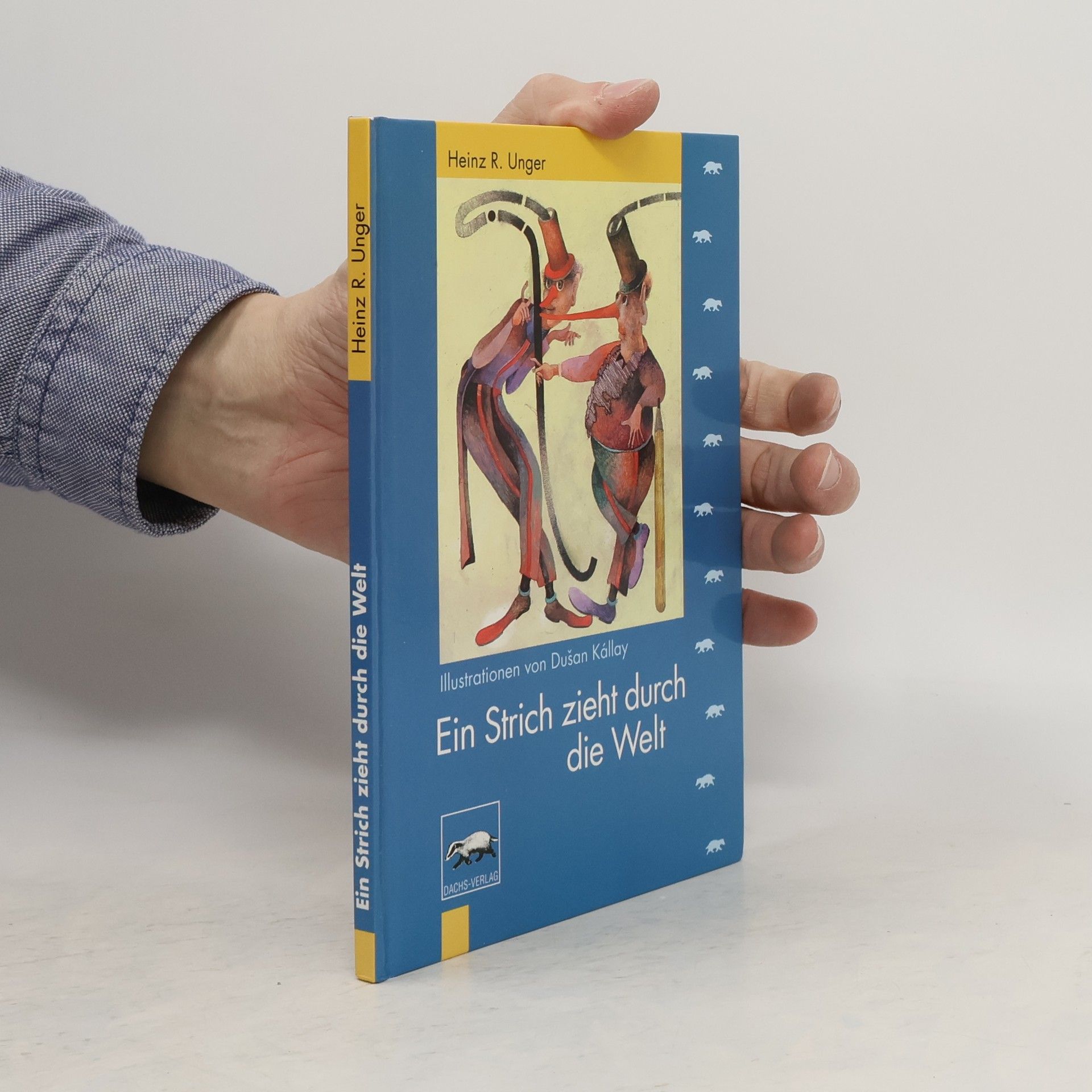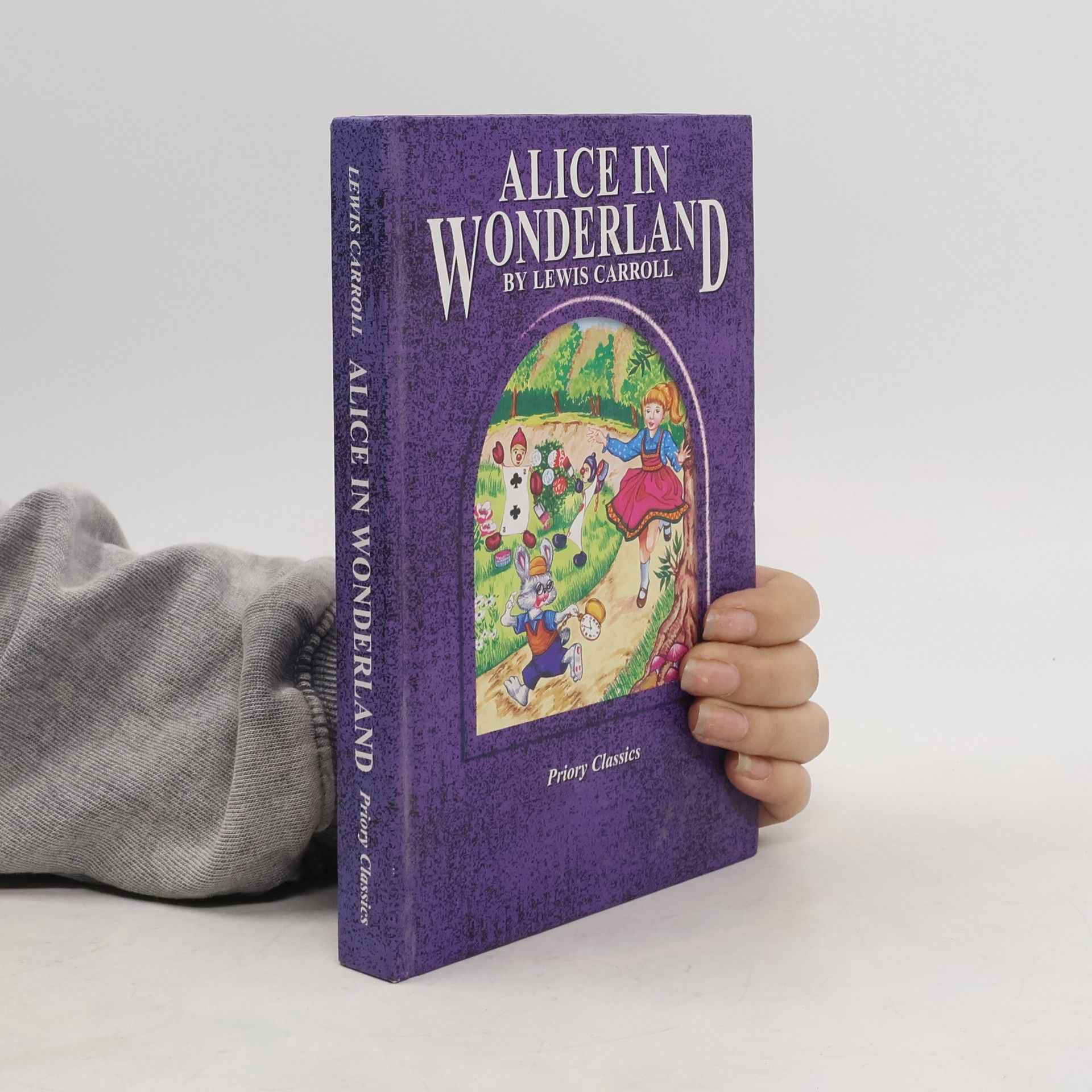Alice in wonderland and through the looking glass
- 248 pages
- 9 hours of reading
After falling down a rabbit hole and stepping through a mirror, Alice experiences unusual adventures with a variety of nonsensical characters.







After falling down a rabbit hole and stepping through a mirror, Alice experiences unusual adventures with a variety of nonsensical characters.
The Birthday of the Infanta by Oscar Wilde. Oscar Fingal O'Flahertie Wills Wilde (1854–1900) was an Irish author, playwright and poet. After writing in different forms throughout the 1880s, he became one of London's most popular playwrights in the early 1890s. Today he is remembered for his epigrams, his novel The Picture of Dorian Gray, his plays, as well as the circumstances of his imprisonment and early death."The Birthday of the Infanta" is a historical fiction short story for children by the Irish author Oscar Wilde. It was first published in the 1891 anthology House of Pomegranates, which also includes "The Young King', "The Fisherman and his Soul" and "The Star-Child".The action of "The Birthday of the Infanta" takes place in Spain at an unspecified point in the past. It is the twelfth birthday of the Infanta, the only daughter, and only child, of the King of Spain. For her entertainment, an ugly young dwarf dancer is brought to the court. The Dwarf is completely unaware of how hideous he looks and does not realize that the reason that others laugh in his presence is because they are mocking his appearance. When the Dwarf sees his own reflection for the first time in his life, the consequences are severe.
Milí rodičia a deti, prichádza k vám výber tých najkrajších slovenských rozprávok, zozbieraných medzi obyčajným ľudom, majstrom nad majstrami, v novom prerozprávaní a s novými čarovnými ilustráciami. Doprajte si oddych, zábavu, ale i poučenie v rozprávkach, ktoré pozorne počúvali za dlhých zimných večerov naše babičky a dedkovia, a ich rodičia a babičky a dedkovia, keď boli ešte malými deťmi. Tak ako oni, i vaše deti môžu opäť prežívať dobrodružstvá, boj dobra so zlom, poraziť zlého černokňažníka, či prekábatiť čerta. Nové vydanie. Zoznam rozprávok: Dlhý nos, Nebojsa, O Veternom kráľovi, Popolvár-Hnusná tvár, Traja zhavaranení bratia, Černokňažník, Tri zlaté hrušky, Šurienka a Atalienka, Hrdopýška, Slncový kôň, Pamodaj šťastia, lavička, Jelenček, Zlatovláska, Svetovládny rytier, Radúz a Ľudmila, Zlatá priadka, Tri stromy, Dvanásti bratia a trinásta sestra, Dobrý strelec, Tri holúbky, Zakliaty zámok, Berona, Trojruža, Stratený chlapec, Divotvorný lovec, Soľ nad zlato, Čert slúži, Mahuliena Zlatá panna, Železník, O dvanástich mesiačikoch, Prorok Rak, Drevená krava.
V treťom zväzku Tisíc a jednej noci pokračuje múdra Šahrazáda vo svojom nočnom rozprávaní. V jej príbehoch znova ožívajú zmyselnosť aj nevinná láska, úprimnosť aj podvodnícke fígle. Bazárový humor strieda palácová vznešenosť v dômyselných rozprávkach, ktoré po stáročia očarúvajúexotikou pradávnej Arábie a dovoľujú súčasníkovi nahliadnuť do bizarného sveta Orientu.
"Like two doomed ships that pass in storm We had crossed each other's way: But we made no sign, we said no word, We had no word to say" -Oscar Wilde, The Ballad of Reading Gaol (1898) The poem The Ballad of Reading Gaol (1898) by Oscar Wilde, was inspired by the two years he spent in the jail of Reading Gaol, England. There he experienced the hanging of Royal Horse Guards trooper Charles Thomas Wooldridge, convicted for the murder of his wife. This poem, dedicated to Wooldridge, describes not only his execution, but is also an indictment of the Victorian penal system and a plea for reform of prison conditions. This poem, Wilde's last publication, was very successful and assured he had a steady income until his death at a young age in 1900.